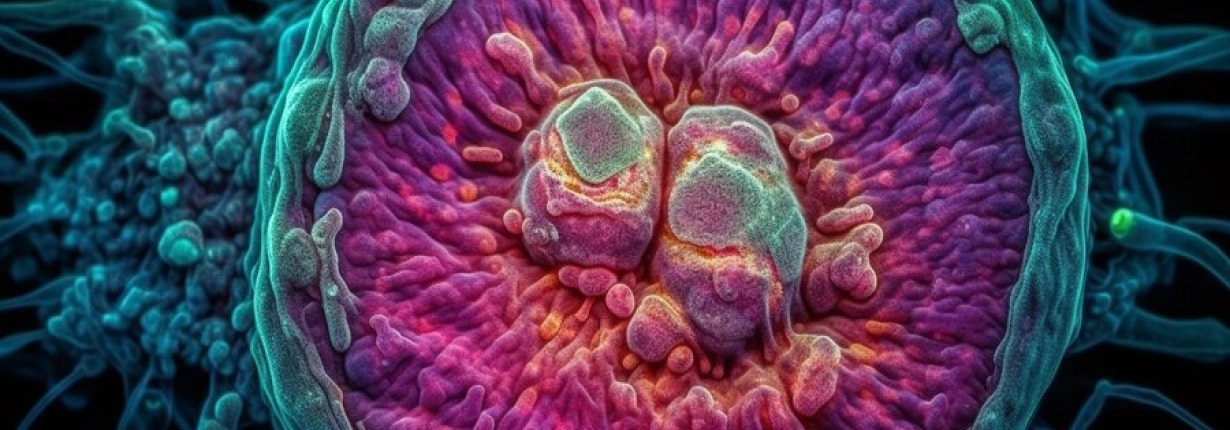
Stomach Cancer
Stomach cancer (gastric cancer) is a condition in which malignant (cancerous) cells develop in the stomach’s inner lining. These cells have the potential to grow into a tumour, says the onco surgeon in Kolkata. The condition normally progresses steadily over a long period of time.
Stomach cancer is known to be the fifth most common form of cancer that develops over a long period of time. The cancer is staged from I to IV based on how far it has metastasized in the layers of the stomach wall.
Types of Stomach Cancer
As listed by the oncology specialist in Kolkata, the following are the stomach cancer types:
Lymphoma
It’s a form of cancer that affects lymphatic cells and lymphoid tissues, which are part of the immune system.
Adenocarcinoma
It is contained in the gland cells of the stomach lining. Mucus and other fluids are produced and released by these cells.
Gastrointestinal stromal tumour
It’s a condition in which irregular cells develop in the tissue that aids digestion in the gastrointestinal tract.
Symptoms of Stomach Cancer

While stomach cancer is difficult to diagnose, identifying it early will help you fight it, says the cancer doctor in Kolkata. The best way to avoid this cancer is to keep an eye out for early warning signs and symptoms, which include:
 Heartburn
Heartburn Loss of appetite
Loss of appetite Slight nausea
Slight nausea Indigestion
Indigestion Indigestion
IndigestionYou may experience more severe symptoms as your stomach tumour grows, such as:
 Blood in stool or urine
Blood in stool or urine Stomach pain
Stomach pain Trouble swallowing
Trouble swallowing Vomiting and frequent nausea
Vomiting and frequent nausea Unexplained weight loss
Unexplained weight loss Diarrhoea or constipation
Diarrhoea or constipation Tiredness or weakness
Tiredness or weakness Bloating
Bloating Indigestion or heartburn
Indigestion or heartburn Yellowish skin or eyes
Yellowish skin or eyesStomach Cancer Surgical Treatment
Where possible, the aim of surgery is to eliminate all of the stomach cancer as well as a margin of healthy tissue. :
Removing the Early-Stage Tumours From the Stomach Lining : Endoscopic mucosal resection may be used by the best cancer surgeon in Kolkata to extract very small cancers that are confined to the inside lining of the stomach.
Subtotal Gastrectomy : During a subtotal gastrectomy, the surgeon only removes the cancer-affected part of the stomach.
Total Gastrectomy : It entails the removal of the whole stomach as well as any surrounding tissue. To allow food to pass through your digestive system, the oesophagus is linked directly to the small intestine.
Surgery to Relieve Symptoms : Although surgery cannot cure stomach cancer, removing a portion of the stomach can provide relief and provide some comfort to those suffering from the signs and symptoms of the disease.
Removing Lymph Nodes in the Abdomen to Check for Cancer: The surgeon investigates and extracts lymph nodes in the abdomen to check for cancerous cells.
Take the first step towards a healthier you
